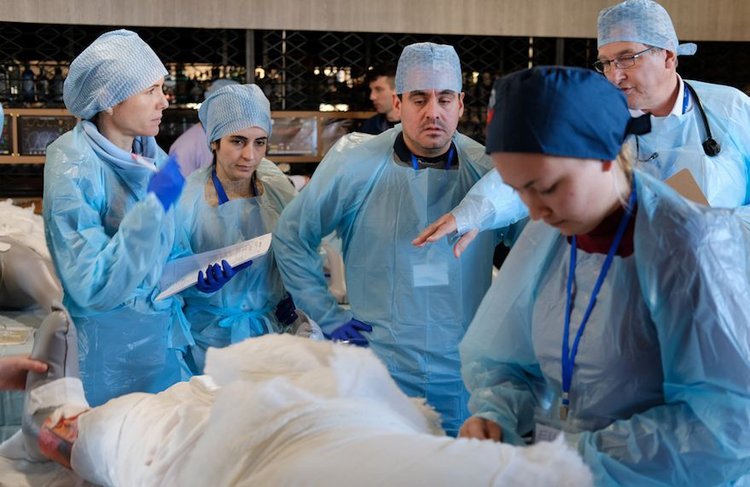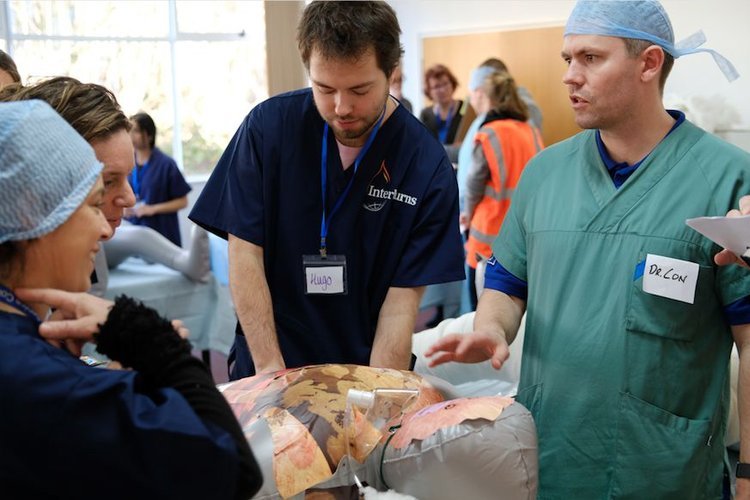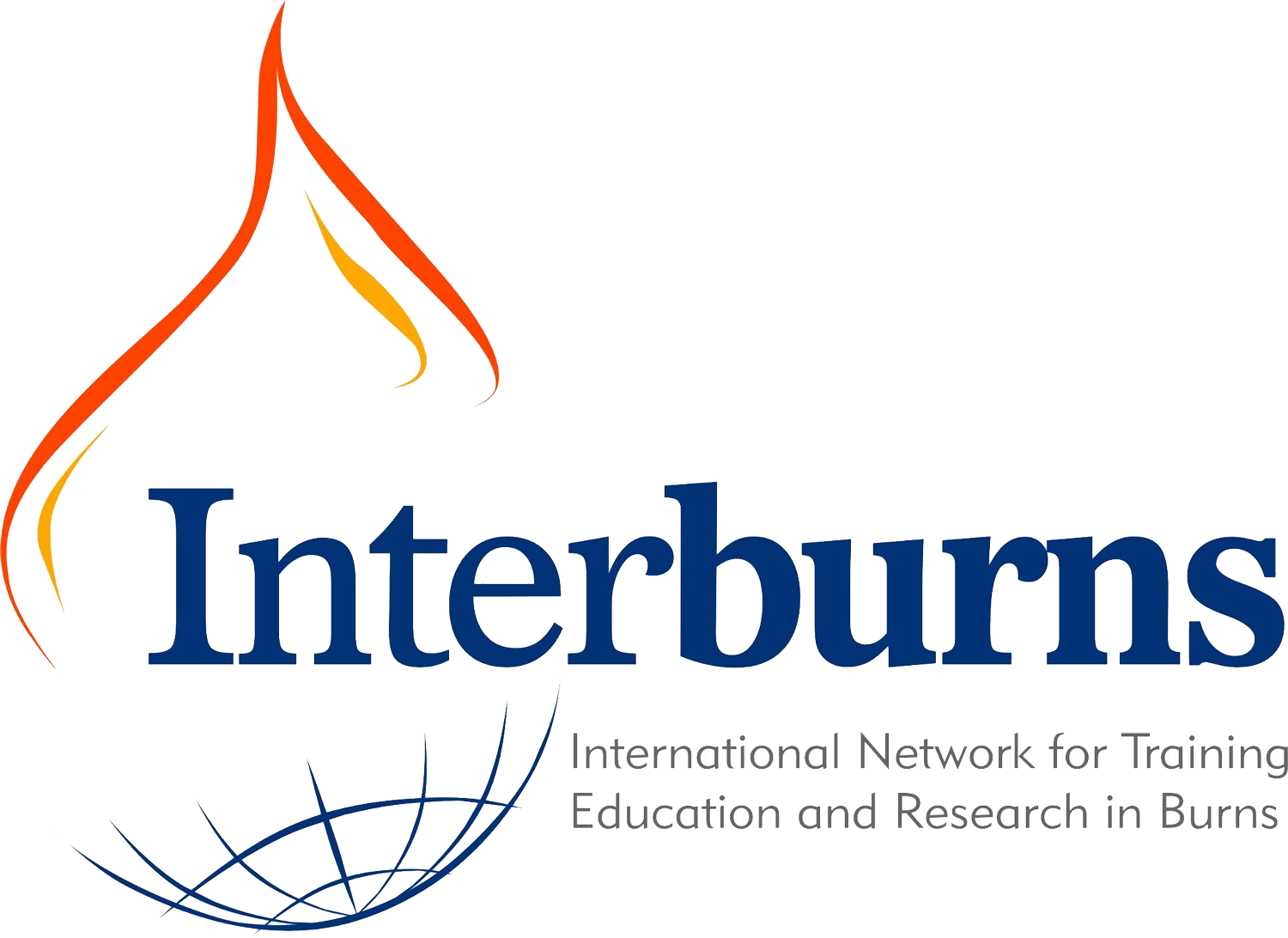Emergencies resulting in burn injuries demand rapid and intense resources and labour.
There is a relatively small cohort of clinical and logistical burn expertise globally.
Burn Assessment Teams (BAT) are a vital part of the European Union’s capacity to respond.
The Problem
Burn injuries and the resulting morbidity, mortality and disability-adjusted life-years lost, rank high as a global public health problem.
Mass casualty incidents place extremely high demands on health care workers and local health facilities.
Simple yet effective standardised approaches, can improve patient outcomes and strengthen local health system capacity.
Burn assessment teams (BAT) target specific needs and support local burn resource capacity and capability.
The European approach to mass burn casualty disasters:
a) Secondary patient assessment and triage.
b) Determine required level of eventual care and support medical evacuation to Participating States.
c) Determine level of care during transport for secure transfer.
d) Identify long-term specialised care in another Participating State.
the role of Burn Assessment Teams:
a) Support secondary patient assessment and triage.
b) Determine required level of eventual care for patients.
c) Support the medical evacuation of patients ensuring a safe level of care during transfer.
The training
EU BAT teams receive 3 days residential training including group tasks and a simulation of a mass burn casualty disaster. BAT teams trained so far represent Denmark, Scandinavia, Norway, Italy, Czech Republic, Romania, Belgium, Turkey, Sweden, Spain, France, Portugal, Germany and Estonia.
Face to face training is supplemented by online resources that include expert lectures and essential background reading.
The resources are available for anyone wanting to learn about the EU’s strategy for building a coordinated response to burn disasters in Europe.
Follow this link for essential pre-course reading and expert lectures.
The Consortium
Interburns, the International Network of Training, Education and Research in Burns.
Consortium Lead. Interburns is a global network of burn specialists with extensive experience in burn care. Since 2006, Interburns has developed a comprehensive integrated approach to improving the quality of burn care globally including standards, assessment tools and training programmes for multi disciplinary healthcare staff from primary to advanced levels.
European Burns Association (EBA)
The EBA is a non-profit organisation founded in 1981 by leading burn specialists in Europe. It focusses on all aspects of burn care and organises medical specialities and related disciplines involved in burn care in Europe. The EBA is the responsible body for verification of European burn centres. It represents vast academic and clinical experience in the field of burn care.
Johanniter-Unfall-Hilfe e.V. (JUH)
JUH is a German non-profit organization dedicated to excellence in the fields of medical care, ambulance service, civil protection and disaster relief. With the core competence in disaster preparedness, the JUH has a long experience in the international disaster relief environment and is active in the UCPM since 2006.
Helsedirektoratet, Norwegian Directorate of Health
National health authority with responsibility for national health and disaster preparedness and international cooperation on preparedness. Extensive experience in disaster response nationally and internationally.
Training In Aid
Training In Aid was established as a consultancy group in 2012. Trainers have been operating at the leading edge of humanitarian response, learning and development - often embedded within organisational training units.









